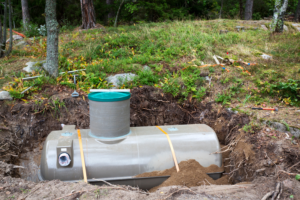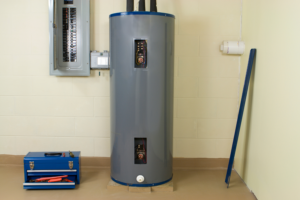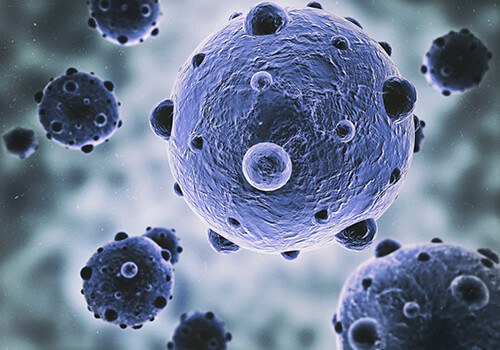 Life inside your septic tank is a carefully maintained of billions of naturally occurring microscopic critters living in a septic system, allowing it to work properly. For bacteria activity to occur, a septic tank should have a temperature above 40 degrees F. Bacteria, which are naturally present in all septic systems, digest the solids that have settled to the bottom of the tank and begin the decomposition process. A septic tank will usually have a pH between 6 and 7.5.
Life inside your septic tank is a carefully maintained of billions of naturally occurring microscopic critters living in a septic system, allowing it to work properly. For bacteria activity to occur, a septic tank should have a temperature above 40 degrees F. Bacteria, which are naturally present in all septic systems, digest the solids that have settled to the bottom of the tank and begin the decomposition process. A septic tank will usually have a pH between 6 and 7.5.
How Bacteria Work
The trillions of naturally occurring bacteria that thrive inside a septic system play a major part in the process that cleans the wastewater. There are many different types of bacteria but the ones present in a septic system are generally broken down into two categories: aerobic and anaerobic.
- Aerobic bacteria require oxygen to survive and flourish. They are more efficient at breaking down and utilizing organic waste as their food source. Aerobic bacteria are larger in size than anaerobic bacteria and are more sensitive to environmental changes.
- Anaerobic bacteria operate in environments where there is little or no oxygen. They are smaller and less efficient in breaking down the waste but they are more resilient and can withstand larger changes in the environment. The bacterial digestion in a septic tank is an anaerobic process. The solids are actually eaten, digested, and excreted by the anaerobic bacteria and ultimately transformed into gases and liquids. The natural bacterial action decomposes the natural waste products and transforms them into benign effluent that is discharged to the drainfield.
Maintaining The Balance
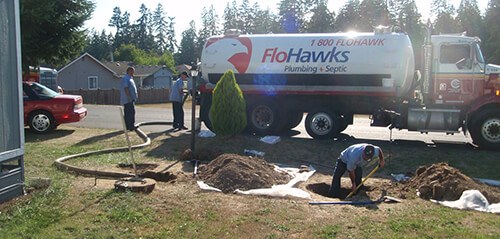 One of the most important things you can do to take care of the ecosystem in your septic tank is to have your tank regularly inspected and pumped. Even if the bacteria are doing their job with flying colors, undigested solids will start to accumulate on the bottom of the tank through regular use and your tank must be periodically pumped out. FloHawks recommends an inspection once every 3 to 5 years.
One of the most important things you can do to take care of the ecosystem in your septic tank is to have your tank regularly inspected and pumped. Even if the bacteria are doing their job with flying colors, undigested solids will start to accumulate on the bottom of the tank through regular use and your tank must be periodically pumped out. FloHawks recommends an inspection once every 3 to 5 years.
Your actual pumping schedule will depend on the size of the tank and your individual system’s level of use or abuse. During an inspection, a trained FloHawks professional will determine the level of sludge in your tank. When the percentage of the combined sludge and scum depth versus the operating depth of the tank exceeds 25 percent, the tank should be pumped.
What Can Upset Life In The Tank?
Toxic Household Chemicals. The most common septic tank failures happen when septic bacteria and enzymes are killed off by harsh household cleaning chemicals. The bacteria can be destroyed by large doses of toxic substances like liquid bleach, disinfectant cleaners, or drain cleaners. Avoid dumping toxic stuff like non-biodegradable detergents, solvents (paint thinner), or insecticides down the drain. Some prescription drugs, other strong medications, and antibiotics can kill bacteria or inhibit their ability to break down waste. If you destroy the bacteria, your tank won’t drain properly and will require more frequent pumping.
Antibacterial Cleaning Products. When used excessively or regularly, some cleaning products can upset the biological balance of your septic tank. Antibacterial cleaners don’t discriminate between the bacteria killed on the sink, toilet, or countertop and the bacteria present in the septic tank. Antibacterial products like liquid hand soaps also can cause a problem, slowing down the already slow anaerobic digestion process and leading to increased sludge and scum buildup and more frequent pumping.
Septic Tank Additives. Most experts agree that it is unnecessary to add bacteria, enzymes, or activators to the community of organisms that naturally occur in a septic system. The Environmental Protection Agency says that “the use of septic system additives containing [bacteria, enzymes, yeasts, and other fungi and microorganisms] additives is not recommended,” and that it could “interfere with treatment processes, affect the biological decomposition of wastes, contribute to system clogging and contaminate groundwater.” FloHawks agrees: the use of any type of septic tank additives is unnecessary, is a waste of money, and may actually harm your septic system. The process is a natural biological process that does not need anything to help it do its job.
There is no substitute for regular septic tank maintenance to keep your bacteria healthy and happy. Has it been a while since your last septic tank inspection? Show some love to the hardworking bacteria in your septic tank. Contact FloHawks today to schedule your inspection.


